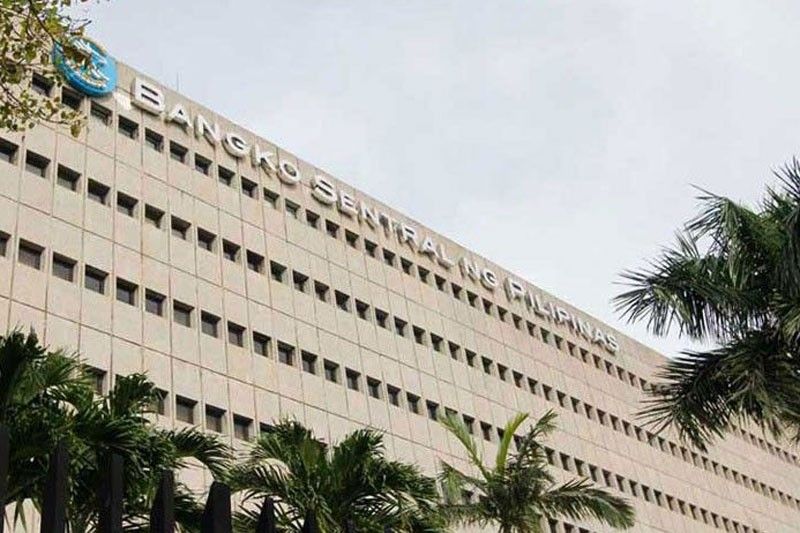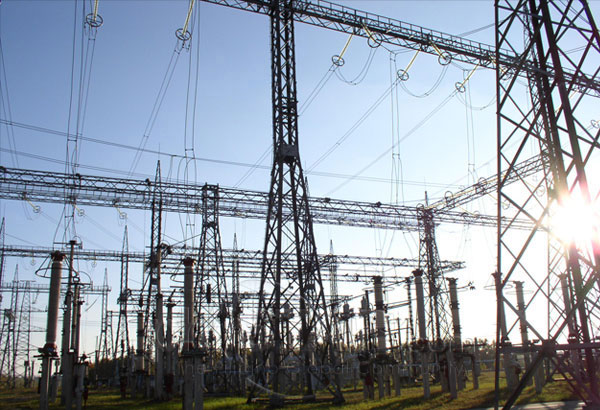Interest rate hike biggest in 10 years

MANILA, Philippines — The Bangko Sentral ng Pilipinas (BSP) delivered yesterday its biggest rate hike in a decade, raising interest rates by 50 basis points despite the slowdown in the country’s economic expansion in the second quarter.
BSP Governor Nestor Espenilla Jr. said in a press conference yesterday the Monetary Board noted that the baseline forecasts have shifted higher over the policy horizon, indicating some risk of inflation exceeding the target in 2019.
Inflation kicked up to a fresh five-year high of 5.7 percent in July from 5.6 percent in June, bringing the average inflation to 4.5 percent in the first seven months of the year, exceeding the BSP’s two to four percent target.
Espenilla said upside risks also continue to dominate the inflation outlook, as the sustained increase in core inflation suggests broadening price pressures amid resilient aggregate demand conditions.
“For these reasons, the Monetary Board deemed stronger monetary action to be necessary to rein in inflation expectations and prevent sustained supply-side price pressures from driving further second-round effects, even as the previous monetary policy responses continue to work their way through the economy,” he said.
This is the third consecutive rate hike for this year bringing the total increase to 100 basis points. The 50 basis point increase was also the biggest hike since the 50 basis point hike in July 2008.
“The Monetary Board believes that the series of policy rate adjustments, thus far, in 2018, will help reduce further the risks to inflation, including those emanating from the ongoing normalization of monetary policy in advanced economies and its impact on the foreign exchange market, and bring inflation toward a target-consistent path over the medium term,” Espenilla said.
The BSP chief pointed out favorable conditions arising from sustained domestic growth also suggest that the economy could accommodate a further tightening of monetary policy settings.
The country’s gross domestic product (GDP) slowed down to six percent in the second quarter of the year from the revised 6.6 percent in the first quarter.
“Certainly, we are concerned about the country’s growth prospects and we also say that six percent GDP growth in the second quarter, while below our own estimates and the market expectation, is not a low number. Six percent is a pretty decent growth by an economy especially during this time of uncertainty,” Espenilla said
Higher interest rates affects consumption that is a major driver of economic growth.
Espenilla said the primary mandate is really to keep inflation low and stable and at the same time conducive to economic growth.
“We also argue that focusing on inflation right now is not necessarily anti-growth. In fact, it will sustain growth over the medium term,” he said.
The aggressive move doused cold water on talks that monetary authorities would temper the rate hike after the release of the disappointing GDP growth figure for the second quarter.
Espenilla said the Monetary Board reaffirmed its support for carefully coordinated efforts with other government agencies in implementing non-monetary measures to further mitigate the impact of supply-side factors on inflation.
“The BSP reiterates its strong commitment and readiness to take all necessary policy actions to address the threat of high inflation and deliver on its primary mandate of price stability,” he said.
For his part, BSP Deputy Governor Diwa Guinigundo said authorities revised upwards its inflation forecasts to 4.9, instead of 4.5 percent this year, and to 3.7 percent instead of 3.3 percent next year.
Guinigundo said the higher forecasts for the next two years was due to four factors including the provisional P1 jeepney fare hike, approved water rate hike for the two biggest concessionaires, the increase in excise tax on tobacco by P2.50 per pack, and the higher oil prices.
He added the BSP’s inflation forecast for 2020 is at 3.2 percent, well within the two to four percent target.
Antonio Agcaoili Jr., executive vice president and head of the treasury group at Asia United Bank, told The STAR the central bank’s Monetary Board would now pause on its tightening mode to assess the impact of the rate increases.
Agcaoili said inflation is seen rising further next month, albeit at a slower pace than June and July.
ING Bank Manila senior economist Joey Cuyegkeng said the BSP delivered an aggressive policy response to anchor inflation expectations.
Cuyegkeng said the move would also support peso which has depreciation and has contributed to rising inflation.
The economist said the aggressive BSP policy tightening not only addresses BSP’s mandate to moderate inflation, but also moderates the imbalance generated by private sector growth and enhanced government spending.
“We believe that this is not the end of BSP’s tightening as the immediate objective to anchor inflation expectations would need further action since inflation is yet to peak and would remain elevated for the rest of the year and early 2019,” Cuyegkeng said.
- Latest
- Trending






























